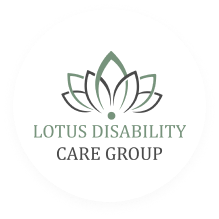Alzheimer’s Disease is the most common form of dementia. It typically affects people over 65 years, however in approximately 10% of cases, it occurs in people younger.
Our brain is a complex structure that acts as the command centre for all our body’s processes. It controls thought, memory, emotions, our motor skills, our senses including sight, touch, smell, hearing and taste. It regulates our breathing, temperature, and behaviour.
Our brain is like a busy highway, made of millions of brain cells called Neurons.Signals pass along the neurons throughchemical connections between the brain cells which are known as neurotransmitters.These are necessary so that signals can be relayed through millions of pathways to the necessary parts of the brain.

In Alzheimer’s disease, there are many processes that interrupt the neurons and chemicals. These include:
Amyloid plaques:
These are protein deposits that collect on the outside of brain cells. They prevent brain cells from transmitting signals properly. When there is a loss of connection between the brain cells, it is difficult for information to pass between different areas of the brain and to our muscles and organs.
Neurofibrillary tangles:
These are abnormal protein deposits that collect on the inside of the brain cells. They cause brain cell death by blocking off food and energy. As Neurons die, the outer layer of the brain called the cortex shrinks. This part of the brain is essential to our memory, language and judgement.
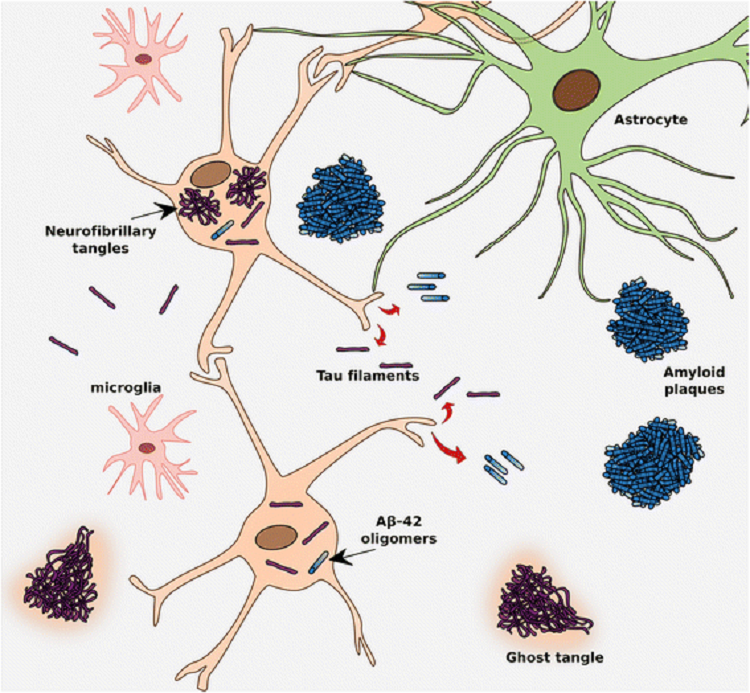
Signs and Symptoms
- The most common and earliest symptom of Alzheimer’s is memory loss. People may forget recently learned information, important dates or events or ask the same questions repeatedly. It is common that people can remember events that occurred many years ago, however are unable to recall what happened yesterday.
- Changes in Planning and other executive functioning: Some people may have changes in their ability to develop and follow a plan. There can be loss of ability to sequence a task, therefore it is difficult for them to complete a task to the end. This could be following a recipe or managing a budget, planning an event or completing a household task. They mayhave difficulty concentrating and take much longer to do things than before. It is also not uncommon for people to forget familiar activities such as driving to a regular place.
- Confusion with time and place: People with Alzheimer’s can lose track of dates, days, times, years, seasons etc.They may forget where they are or how they got there.
- Difficulty with vision and space: people may experience changes in their vision and special awareness. This can result in problems with balance, trouble reading, judging distance and colour or contrast. This can be especially concerning when driving.
- Difficulty with speaking or writing: People may have trouble following a conversation. They may lose track and stop in the middle of a conversation and not be able to continue or repeat themselves. They may also have difficulty with vocabulary, forgetting names for familiar objects.
- Misplacing items: People may put things in unusual places, lose things and not be able to retrace their steps to find them again.
- Decline in Judgement: People may see changes in judgment or decision-making such as managing money, grooming or keeping themselves and their clothes clean.
- Changes in social habits: As people find it more difficult to hold or follow a conversation, remember people etc they may withdraw from hobbies, social activities or other engagements.
- Changes in mood and personality: As people become less familiar with others, events and routines they may become frustrated, afraid, anxious or fearful. People may notice changes in personality such as going from having a quiet temperament to becoming aggressive.
Alzheimer’s Disease is often categorised in 3 stages depending on the severity of symptoms
- Early or Mild Alzheimer’s disease — early signs of dementia and no extra support is typically required.
- Middle or Moderate Alzheimer’s disease — symptoms become difficult to cope with and support is starting to be needed.
- Late or Advanced Alzheimer’s disease — Symptoms are severe and continuous care in all daily activities are needed.
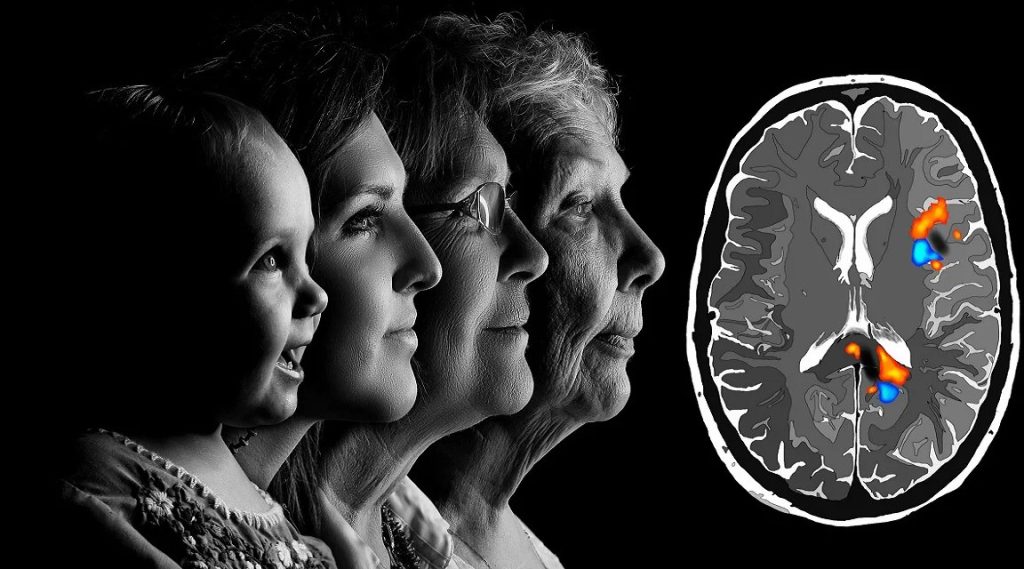

Diagnosis of Alzheimer’s disease can be difficult. It generally requires detailed assessment which can involve:
- medical and family history
- physical examination
- cognitive tests
- urine tests and blood tests
- medical imaging, such as MRI brain scans
Treatment
There is no current treatments available that can slow down or stop the brain damage caused by Alzheimer’s disease, however there are several medications that can temporarily help improve symptoms by increasing neurotransmitters in the brain. Ongoing research continues to help find ways to improve outcomes for people with Alzheimer’s.
It is important to receiving accurate diagnosis early in the disease process. Early diagnosis allows for:
- Better chances of benefiting from available treatments, whilst not curative but can improve quality of life
- Opportunity for support services
- Opportunity to participate in clinical trials and research
- Opportunity to be involved in decision making regarding future care
- Time to organise financial and legal matters independently
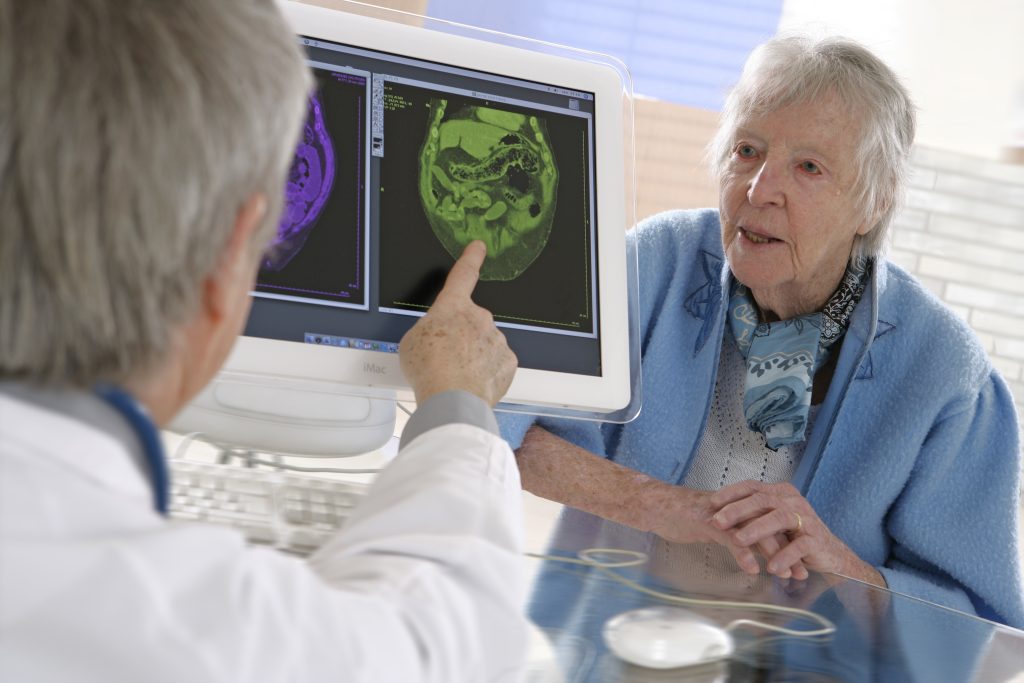
Where can I get help?
If you have any concerns, it is essential you discuss these with your trusted GP. Basic assessments can be performed and referral to a specialist such as a Neurologist or Geriatrician can be made.
Families and loved ones can get assistance
with services that help to coordinate care, learn behavioural interventions such as management of aggression and changes in sleep patterns etc. They can supported with education and activities that can improve mood and functioning.
Alzheimer’s Australia are a wealth of information and can assist with finding local programs and services
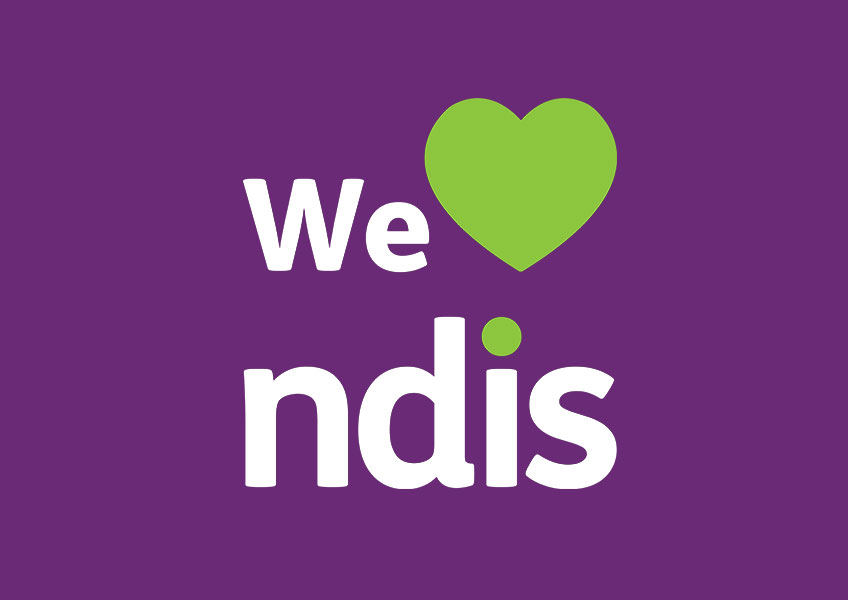
Lotus Disability Care Group supports a number of families affected by Early Onset Dementia. We provide support and education for families including:
- Support Accessing NDIS
- Support Coordination: to provide and manage your support services, NDIS funding and necessary reporting
- Support Workers: to assist with personal cares, cooking, home duties, shopping, attending appointments and other social events
- Domestic assistance with cleaning and yard care
- Small group social events to provide stimulation, maintain skills and socialisation
To find out more please contact info@mylotus.com.au.

